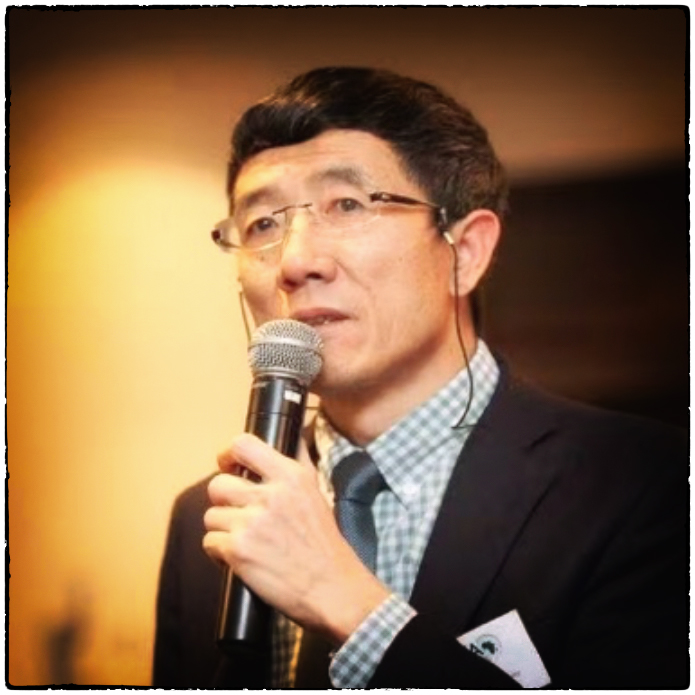Evidence advisory board
Photo: Trevor Butterworth
Evidence advisory board
We are working with Nature Research to publish a focused collection on SDG 2 in 2020, subject to the highest standards of peer review. These materials include evidence synthesis articles and some editorial content. To help guide us on the selection of these materials we are pleased to collaborate with the following global expert advisory board.

Mario Herrero
Chief Research Scientist of Agriculture and Food at the Commonwealth Scientific and Industrial Research Organisation (CSIRO)

Catherine Bertini
Fellow, Rockefeller Foundation, Chicago Council, and Chairperson of GAIN
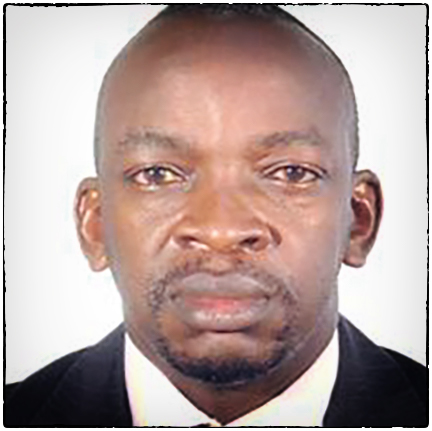
Boaz Blackie Keizire
Head of Policy and Advocacy, Alliance for a Green Revolution in Africa (AGRA)

Joachim von Braun
Professor and Director, Center for Development Research, Bonn University

W. Ronnie Coffman
Andrew H. & James S. Tisch Distinguished University Professor, Cornell University

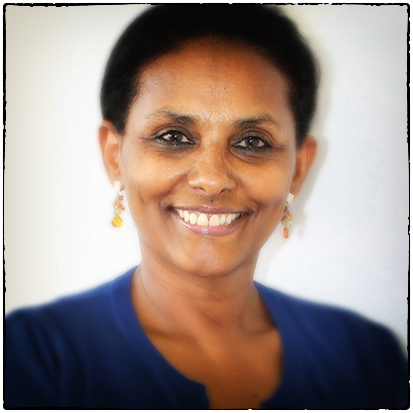
Segenet Kelemu
Director General, International Centre of Insect Physiology and Ecology (icipe)
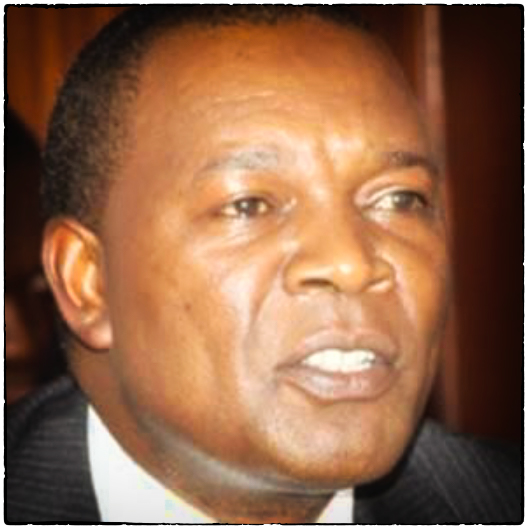


Jamie Morrison
Director and Strategic Programme Leader, Food and Agriculture Organization of the United Nations

Martin Piñeiro
Director CEO Group, Chair, Committee on Agriculture, Argentine Council of International Relations

Prabhu Pingali
Professor and Founding Director of the Tata-Cornell Institute for Agriculture and Nutrition (TCI)


Ruerd Ruben
Professor and Coordinator, Research programs on food security, value chains and impact assessment Wageningen Economic Research
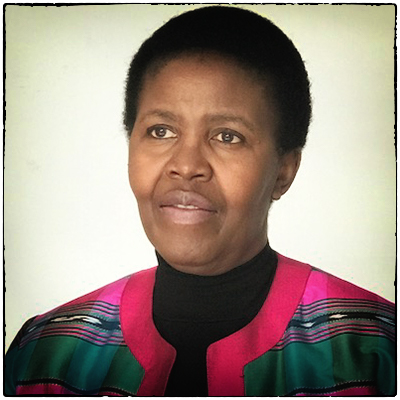

Maximo Torero
Food and Agriculture Organization (FAO) Assistant Director General of the Economic and Social Development Department


Paul Winters
Associate Vice-President, Strategy and Knowledge Department, International Fund for Agricultural Development
How we assess the quality of evidence
Evidence syntheses, like scoping and systematic reviews, bring all the studies on a particular issue or intervention together to evaluate what they mean. It’s a process with specific steps designed to minimize bias and to ensure rigor and transparency, so that someone else could replicate the process and reach the same conclusion.
Each of the eight intervention research teams is supported by research synthesis experts. The first critical step is for the authors to create a protocol for each review. This is the roadmap setting out how the review is going to be done, how the reviewers will decide what studies or data to include or exclude in the review, and how those studies and data will be reviewed.
One particular issue facing agricultural research is that it has fewer randomized control trials than, say, medicine, and needs to be inclusive of many different kinds of evidence and data. This makes scientific appraisal more difficult. For this reason, we are taking a mixed-methods approach, which combines quantitative and qualitative evidence on complex and pressing questions, and which has been successful in previous agricultural systematic reviews. Groups with deep experience in mixed-methods reviews, such as the Campbell Collaboration and the Center for Evidence-Based Agriculture have worked closely with us to explore appropriate methods and offer expert advice.
Once each research team reached a consensus on the protocol, it was published—and it cannot be changed. Publishing ahead of doing the review protects its replicability and transparency. It also gives us a chance to share our work, what we are doing, and allow for scientific dissent as part of the process.
All the protocols have been uploaded to the OSF open-science platform. You can find links to these on each question pag
Evidence synthesis
1. Formulate a research question
2. Search for similar systematic reviews
3. Identify all relevant evidence bases
4. Develop and test search strategies
5. Write inclusion and exclusion criteria
6. Publish protocol
7. Execute searching and screen results
8. Conduct quality of evidence assessment
9. Review and synthesize results

Using machine learning to find
policy interventions to end hunger
Given the amount of information available, relying only on keyword searching doesn’t work. If we want to understand the fullness of human knowledge, we need to incorporate new methods of discovery that account for the way we describe similar things in different ways.
Over the past decade, there have been enormous advances in artificial intelligence that enable computers to analyze the way we use language. This involves training a computer program to recognize relationships between words, so that it can capture the different ways people describe similar things.
We used machine learning and natural language processing (NLP) to create and analyze a preliminary dataset of ~50,000 articles and reports (2008-2018) about smallholder farmers from science journals and research and development organizations. We used a variety of search terms, such as small-scale food producers, rural farmers, and subsistence and contract farmers.
In order to increase coverage of materials published in low and middle income countries, we included the full table of contents from the African Journal of Biotechnology, African Journal of Agricultural Research, African Journal of Food, Agriculture, Nutrition and Development, African Crop Science Journal, Indian Journal of Agronomy, and the Indian Journal of Agricultural Economics.
In order to increase coverage of materials published in low and middle income countries, we included the full table of contents from the African Journal of Biotechnology, African Journal of Agricultural Research, African Journal of Food, Agriculture, Nutrition and Development, African Crop Science Journal, Indian Journal of Agronomy, and the Indian Journal of Agricultural Economics.
Ceres 2030 is a partnership between Cornell IP-CALS, the International Food Policy Research Institute (IFPRI), and the International Institute of Sustainable Development (IISD)
